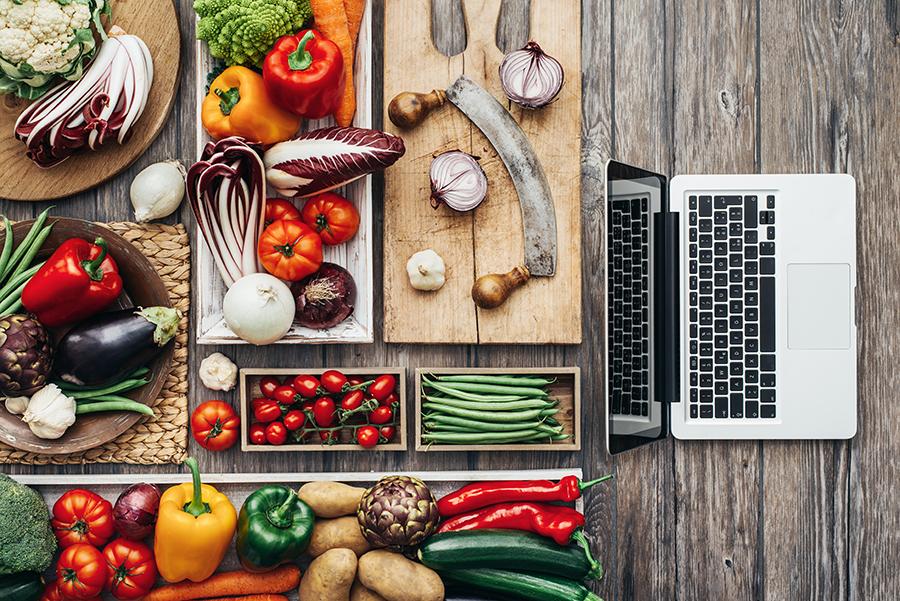Pioneering food systems teaching programme steps into the virtual sphere

In response to current lockdown restrictions, the pioneering Interdisciplinary Food Systems Teaching and Learning (IFSTAL) programme held its first online summer school to resounding success at the end of June 2020.
IFSTAL - a partnership between higher education institutions - is coordinated by the Food Systems Transformation Group within the Environmental Change Institute, University of Oxford. The annual summer school is the culmination of a year of activity in the free-to-attend programme, which launched in 2015 and aims to address the urgent need for a workforce skilled in food systems thinking.
From 23-25 June 2020, 23 students studying at the University of Oxford, University of Warwick and the London Centre for Integrative Research on Agriculture and Health (LCIRAH comprising RVC, SOAS and LSHTM) came together to attend online workshops and lectures, listen to guest speakers and collaborate on group projects.
"Once the likelihood of holding the usual style of summer school was in doubt, we consulted the student cohort to see if there was a desire for an online event, and what that might look like," said John Ingram of the Food Systems Transformation Group, who is the Programme Leader and founder of IFSTAL.
"Effective collaboration is one of the cornerstones of IFSTAL and usually we are all in the same room. Once we decided to go ahead, we had to consider how we could best support students to work together across different locations and time zones," said John. "We considered various platforms and settled on a combination of Zoom and MS Teams, which enabled us to meet as a large group, work in smaller teams when needed and share resources. The virtual summer school proved to be a big learning curve - both for our team and for the students - however the result was a highly engaging three days that featured the usual mix of high-calibre guest speakers, workshops, lectures and group projects."
Two students from the School of Geography and the Environment (SoGE) were among the summer school participants. Joaquim Muntané-Puig is studying for an MSc Nature, Society and Environmental Governance, while Maddy Diment graduated this year with a BA Geography. For both, working online in groups to produce their final five-minute presentations was tough but, ultimately, rewarding.
"This was my first entirely remote team project," said Maddy. "Communicating through digital platforms and collaborating on documents in real-time was, at times, tricky, however, my team colleagues were always positive and ready to contribute thoughtful ideas."
While virtual events have their own issues, they are opportunities to adapt to the way the world is changing. Joaquim was one of those who benefited from the decision to make the summer school virtual. "Although I would probably not have been able to attend in person, I found the online aspect made it more difficult to focus my attention and to develop personal connections with other participants," he said. "However, these are lessons that are going to be very useful in the months and years ahead, as more events and work are conducted online."
For more information about the IFSTAL programme, see www.ifstal.ac.uk
Pioneering food systems teaching programme steps into the virtual sphere
In response to COVID-19 lockdown restrictions, the Interdisciplinary Food Systems Teaching and Learning (IFSTAL) programme held its first online summer school to resounding success at the end of June 2020. IFSTAL is coordinated by the Food Systems Transformation Group within the Environmental Change Institute, University of Oxford.




